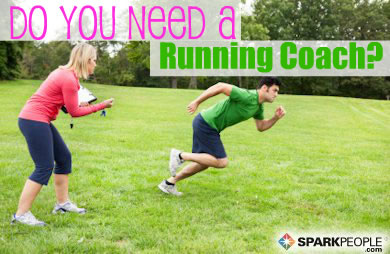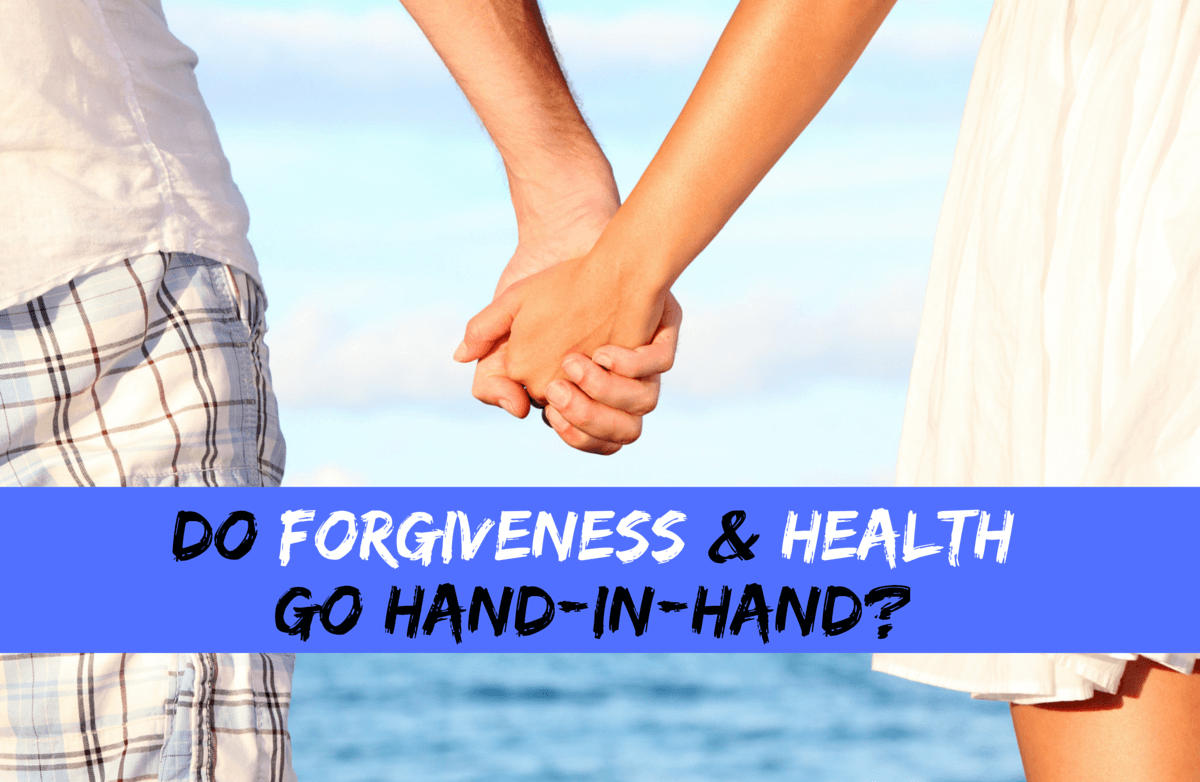|
If you're an early-morning exerciser, it may seem difficult (or downright impossible) to find the time or desire to eat breakfast before a pre-dawn workout. It's already tough enough to wake up for that 6 a.m. boot camp or three-mile run, much less carving out an extra hour to prepare, eat and digest a meal. Some people prefer to sweat on an empty stomach, while others may get dizzy due to low blood sugar. Research findings are mixed. A study published in the British Journal of Nutrition found that people can burn up to 20 percent more body fat by exercising before breakfast, but other experts claim that depriving the body of fuel before a workout can result in a loss of muscle mass. Ken Immer, the chief culinary officer for Culinary Health Solutions, maintains that the before-or-after breakfast decision should hinge on the energy requirements of each individual. "People are very different. Some bodies work better when relying on stored energy, while others need newer fuel for the best performance," he says. "I believe that it's never a good idea to exercise on a full stomach, so the timing is a crucial element." Health and wellness coach Lorraine Miano advises against exercising without fuel. "The downside to fasting before exercise is that you may burn muscle along with fat if you haven't had a meal," she warns. "Without some fuel, you may burn less calories if you are lacking energy and can't give it your all." 5 Questions to Ask Before Choosing BreakfastWhen Immer is working with a client who is planning a strenuous morning workout, he steps them through the following questions:
What Happens When You Exercise on an Empty Stomach?During exercise, the body normally uses free sugars from cells and circulating blood sugars as its primary source of fuel. When you exercise on an empty stomach, the free sugars are depleted very quickly. In the absence of free sugars, the hormone glucagon is released, which initiates the release of free fatty acids from fat stores, a process known as lipolysis. Although more fat is used after hours of fasting compared to workouts following a meal or snack, most people may find it difficult to exercise as long or hard as they do when they have eaten recently. This may mean that you don't burn any more total calories, which may negate the fat-burning benefit. The question of whether to eat before or after exercise comes down to understanding the best way to achieve what priorities are most important to you. "For example, if you are someone who needs to eat before exercise and you have a hard time just getting up early enough for the workout, adding in breakfast time may not be an option," says Immer. "So, perhaps not working out in the morning is the best option, which makes the before-or-after breakfast question a moot point." Pre-Workout Breakfast Tips
Updated by Melissa Rudy, 1/3/2017 |
Popular Entries
More From SparkPeople
|






.jpg)


.jpg)











.jpg)